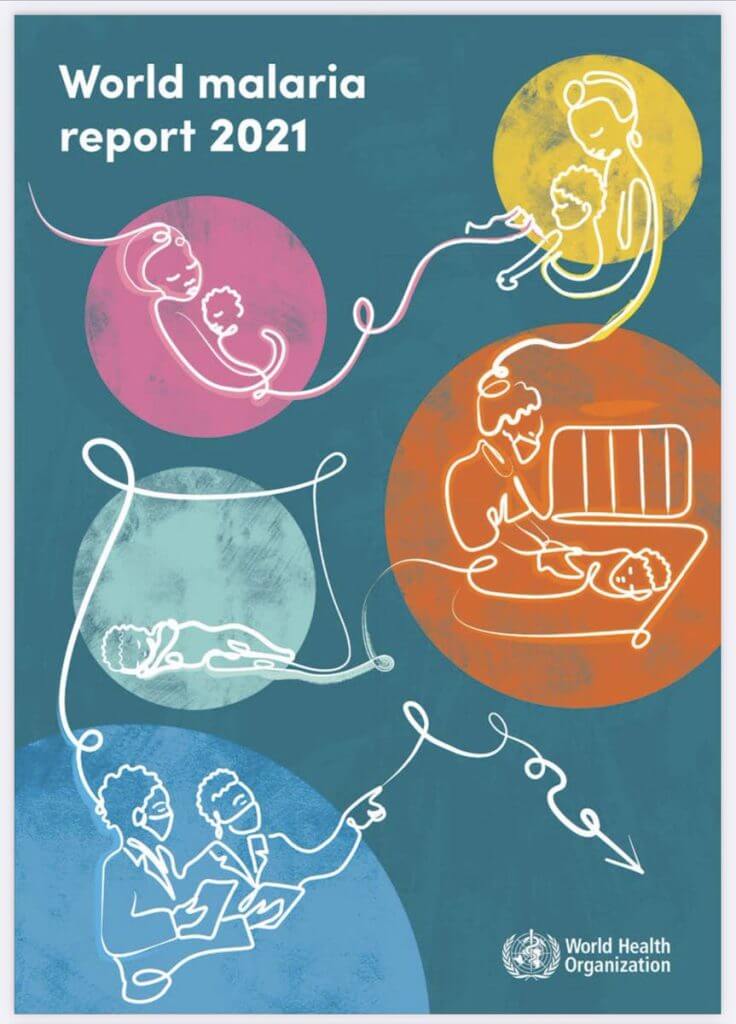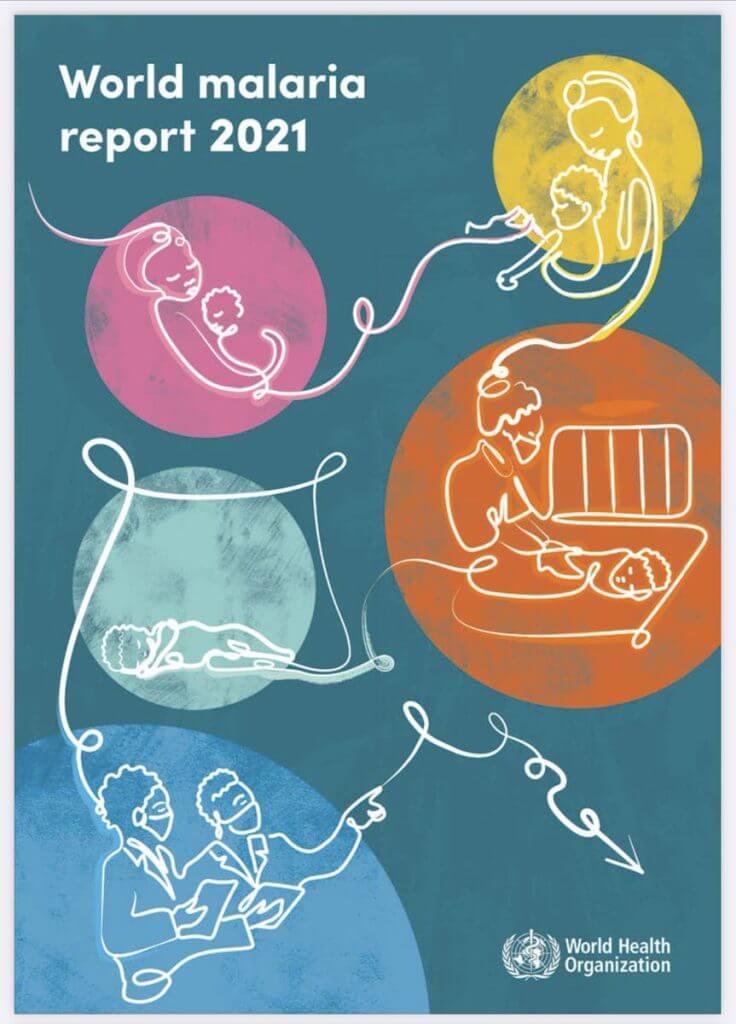World Malaria Report 2021 – A more accurate picture of the malaria burden in Africa


Today, the World Health Organisation (WHO) published its annual World Malaria Report. The report shines a new light on the burden of malaria, using updated methodology to calculate the number of malaria deaths among children under five years of age. This new statistical method provides a much more precise cause-of-death estimates for young children for all diseases, including malaria, and is now being applied across the WHO.
The findings of the 2021 World Malaria Report are stark, revealing that malaria leads to more total deaths than previously thought: 627,000 in 2020, a significant increase from the 409,000 deaths reported in 2019. This increase is due in part to the revised number of malaria deaths among children under the age of five, with malaria now accounting for 7.8% of deaths, an increase from the previous 4.8%. The higher numbers also reflect wider issues with malaria control, as advances have stalled in recent years and there has been considerable disruption caused by the COVID-19 pandemic.
The new report also underscores that Africa shoulders an even heavier burden of malaria than previously accounted for, with 96% of global deaths from the disease occurring in the African region this past year.
The updated methodology is outlined in an article published in The Lancet. This highlights that a broad understanding of the causes of mortality among the under-five age group is essential to identify appropriate targets and interventions to address mortality in young children. Many countries do not have functioning vital registration systems to directly report underlying causes of death. The new methodology overcomes this by using more diverse primary input data – such as verbal autopsy – to generate more reliable estimates.
Accurate data plays a critical role in assessing the impact of malaria, planning interventions and placing malaria at the forefront of the global health agenda. There are real challenges associated with data collection and forecasting, worsened by existing data gaps – for example, only eight African countries out of 54 have a compulsory system to register deaths. In light of this, it is imperative that the methodologies we use in research come as close as possible to providing an accurate picture of the malaria burden.
Going forward, the updated methodology will help provide a more reliable picture of the malaria burden in Africa. Good data to base decisions on is essential to indicate where more investment and research are needed to reduce preventable deaths and improve health outcomes. Our work at Imperial College London is investigating how limited malaria budgets can be best used to reduce the burden of disease. Much can be done with existing tools though new technology and innovations are urgently needed.

We have known how to control malaria for over a century. It shows the neglect of investment in the health of communities suffering from the disease that we are only now understanding how great a toll it causes. It is essential that we take this information to galvanise funding and redouble our efforts to tackle malaria world-wide, saving lives.
More information about Professor Churcher’s research on malaria can be found below: https://malariamustdie.com/thomas-story

